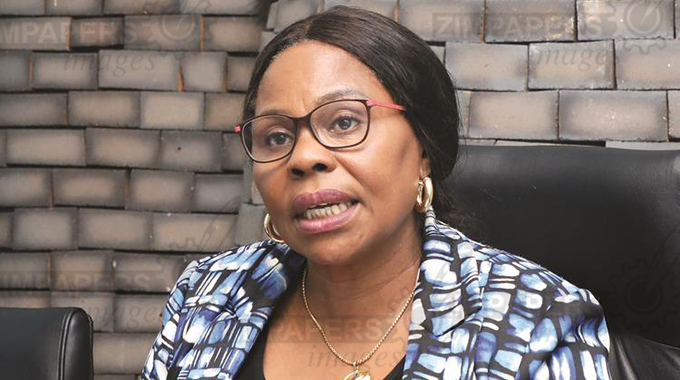Price madness: Social contract proposed

Farirai Machivenyika Senior Reporter
THERE is need for a reduction in the cost of digital transactions and to come up with a social contract to address relentless price increases, Cabinet has said.
Addressing the 38th Cabinet Meeting Decision Matrix, Information, Publicity and Broadcasting Services Minister Monica Mutsvangwa said productivity should be increased in all sectors of the economy.
“Cabinet also took cognisance of the urgent need to reduce the cost of digital transactions, as well as come up with a social contract under the Tripartite Negotiating Forum (TNF), which brings together Government, business and labour, in order to agree on mechanisms to ensure a stable macro-economic environment taking into account salaries and prices of goods and services,” she said.
“Cabinet further stressed the need to raise productivity in all sectors of the economy, with each sector minister being required to come up with appropriate incentives.”
The TNF was established early this year following the signing into law of the TNF Act that was passed by Parliament last year.
The platform seeks to bring together the three social partners to deal with issues affecting the economy.
Cabinet had noted that price increases were eroding people’s incomes.
“Cabinet generally attributed the price hikes to currency volatility, the apparent application of replacement pricing by business owners, adverse inflationary expectations, the high cost of electronic financial transaction, shortage of cash in the economy, and increased demand for foreign currency to fund imports,” Minister Mutsvangwa said.
“Accordingly, Cabinet wishes to inform the nation that in the short to medium-term, the situation alluded to will be addressed through the systematic injection of more cash into the economy in a manner that does not exacerbate money supply growth and which erases cash arbitrage opportunities and promotes currency stability.
“Social safety nets will also be strengthened through the setting up of a fund for the production of affordable basic commodities.”
Finance and Economic Development Minister Professor Mthuli Ncube reiterated that the two percent intermediated transfer tax would not be scrapped.
“We are not going to reverse the two percent tax because it allows us to deal with tax compliance issues,” he said.
Asked whether or not that position was not contrary to Cabinet’s observation on the need to reduce digital taxes, Minister Ncube said as policy makers, they were happy with what the two percent tax had achieved.
“We have achieved what we set out to do and when we say we are happy, we are happy with the achievement of our objectives and we have to move to the next stage and the next stage is we have to deal with productivity, and growth and create jobs and that the youth get more opportunities, that is what I meant,” he said.
Some of the achievements of the two percent tax he listed included improved compliance, reduction in budget deficit and the non-use of the RBZ overdraft facility by Government.










Comments